InnoLAE 2026 Short Courses
Short courses on LAE technologies on the days leading up to innoLAE 2026 allow you to learn more about key technology areas from industry experts.
Short Courses At A Glance
MONDAY 16 FEBRUARY 2026
ORGANIC BIOELECTRONICS
13:30 – 17:00, 16 February 2026
Delivered by Dr Dimitrios A. Koutsouras of the University of Bath, this course will cover what bioelectronics is and why it holds so much promise for meeting today's unmet medical needs, with a focus on organics, a class of materials extremely suitable for the fabrication of state-of-the-art bioelectronic devices. In this context, we will discuss why conducting polymers’ unique set of features allowed them to enter the world of bioelectronics, giving rise to the era of Organic Bioelectronics.
CONTACT-CONTROLLED TRANSISTORS FOR NEXT-GENERATION THIN-FILM ELECTRONICS
13:30 – 17:00, 16 February 2026
This short course covers the yet-to-be-fully exploited contact-controlled thin-film transistors and their applications to emerging thin-film electronics. The session is addressed to early career and experienced researchers alike, its content spanning introductory concepts and challenging open-ended ideas. It will further provide opportunities to test comprehension via audience interaction with basic circuit examples. Participants will gain new or deeper insights into emerging device architectures and their applications, sparking future innovation and collaboration. The course is delivered by Dr Radu Sporea of the University of Surrey.
TUESDAY 17 FEBRUARY 2026
BIOELECTRONIC DEVICES BASED ON ELECTRICAL-DOUBLE-LAYERS
09:30 – 12:30, 17 February 2026
This course, delivered by Prof Henrique Leonel Gomes of Coimbra University, focuses on electrical methods to characterise devices that use electrical double-layers for bioelectronic sensing. These devices encompass a wide array of applications, such, as skin-adherent devices for monitoring physiological changes on the skin's surface or electrophysiological signals. A critical aspect of developing these types of bioelectrical devices lies in understanding the design principles that yield optimal sensing performance. This involves careful consideration of device geometry and a judicious selection of materials used in their fabrication, which will be covered in this course.
SELF-HEALING ELECTRONIC MATERIALS
09:30 – 12:30, 17 February 2026
This course, delivered by Prof Fabio Cicoira of Polytechnique Montreal, introduces the emerging field of self-healing electronic materials, which are driving innovation in next-generation devices. The session will review the design of self-healing electronic composites, which combine a polymer matrix providing the healing function with conductive fillers such as metal nanoparticles, nanocarbons, silver nanowires, liquid metals, or conducting polymers. The course will also address key challenges, including achieving the optimal balance between mechanical and electrical properties and improving our understanding of the chemical and physical mechanisms behind self-healing.
WET PROCESSING TECHNOLOGIES FOR LARGE-AREA ELECTRONICS
13:30 – 17:00, 17 February 2026
Delivered by Printed Electronics Ltd (PEL), this course covers the inks and printer technology required for deposition techniques including screen, inkjet and flexo/gravure printing. The short course also covers coating techniques such as doctor blade and slot die, drawdown, spin and spray coating. In each case the advantages, disadvantages and technological challenges of each technique will be covered, along with issues arising in scale up for manufacture.
RELIABILITY OF ADVANCED BIOELECTRONICS: THIN-FILM ENCAPSULATIONS AND STABILITY EVALUATION
13:30 – 17:00, 17 February 2026
This course, delivered by Dr Massimo Mariello of the University of Oxford, will discuss the reliability and stability of advanced bioelectronics, which represent a crucial need for any biomedical application and one of the most discussed hot topics in the scientific community.


